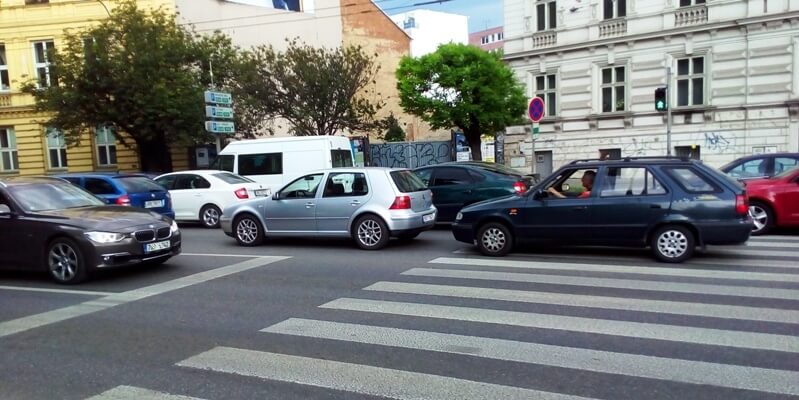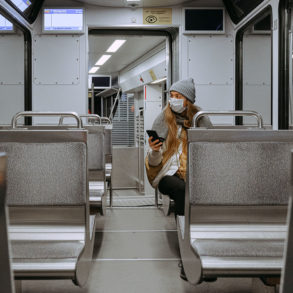Brno, June 16 (BD) – A new municipality initiative attempts to manage the amount of cars and collect more money. Prague, Stuttgart and many other European cities have already adopted residential parking. Brno is next on the list.
How it works and why in Brno
Residential parking divides citizens of Brno into three categories: resident, commuter (legal or natural person conducting business in a firm), and visitor. According to a category you belong in, you will pay an administrative fee. The city distinguishes several parking zones in which you can park only with your parking permission.
The costs are not yet agreed upon but the blue print looks like this: As a resident, you pay 900 CZK/year for a first car in the area of your residency. If you are an owner of two cars, prepare yourself to pay 9 000 CZK/year for the second one. When conducting a business and parking your car in front of your enterprise, you give out 9 000 CZK/year for your first permission and 18 000 CZK/year for the second one.
Visiting different areas than those you have permissions for will cost you from 10-100 CZK/hour depending on a parking zone. Drivers-visitors will pay via a mobile app or a payment terminal submitting their vehicle registration number. Municipal police patrols will check the payment for residential parking permits by police cars with a in-built camera comparing registration numbers with database of permits.
Brno Municipality sees the initiative as a way to cut off the traffic jams and air pollution. The city expects collecting more money, more permanent citizens reporting to the administration, and management of car-packed streets. Many European cities, including Prague, manage transportation with such projects.
Public outcry and many unresolved questions
In spite of the promising potential of the initiative to tackle several pressing issues, tens of others are popping up. The project seems to be unprepared, complicated, polarizing society, and half-baked. Indeed, even mayors of several districts who initially supported the project have been recently backing down. With more and more complaints coming to authorities, the less promising and publicly promoted the project gets.
On-line discussion forums are crammed with heated debates. Often reoccurring reproaches refer to the unease to get permanent stay permit, pointless paid parking spots on the outskirts of the city, the undemocratic decision-making process, paying higher fees for less comfort (count your parking fee here) and discontent over bicycle lobby in Brno.
The main issue for foreigners and for big Slovakian community is the need to have a permanent stay in Brno which can be obtained only after 5 years of temporary stay in order to get residential parking permission. Otherwise, you pay for each and every hour of parking in front of your home. Not even mentioning long hours spent in municipal offices getting red-tape done. Even the municipal authorities are not sure how to resolve the issue.
But let’s not jump to conclusions. The project is still only in its trial phase. It should start in the city center – Benešova, Nádražní, Divadelní, Rooeveltova, Joštova – and spread to other administrative districts. But will it? Mayors of some district such as Brno-north or Brno-Bohunice are rather reserved.
The reticence stems from the lack of park&ride facilities where you leave your car and hop in to public transport, from the piles of complaints showing people’s reluctance, and from the plan itself. “It would be ideal, to let people vote for or against it in a referendum combined with the elections to European Parliament in 2019,” suggests his own solution Mayor of Brno-Bohunice Antonín Crha.
Matěj Hollan, the Deputy Mayor of Transport of Brno is the one often criticized. “We want the smooth operating system without flaws, the simplest one which can comfort needs of various citizens. Therefore, the timetable for implementation is not as strict and hasty as initially,” informs Hollan. The kick-off of residential parking for districts should be after the municipal elections in 2018.
Title picture: @BrnoDaily








